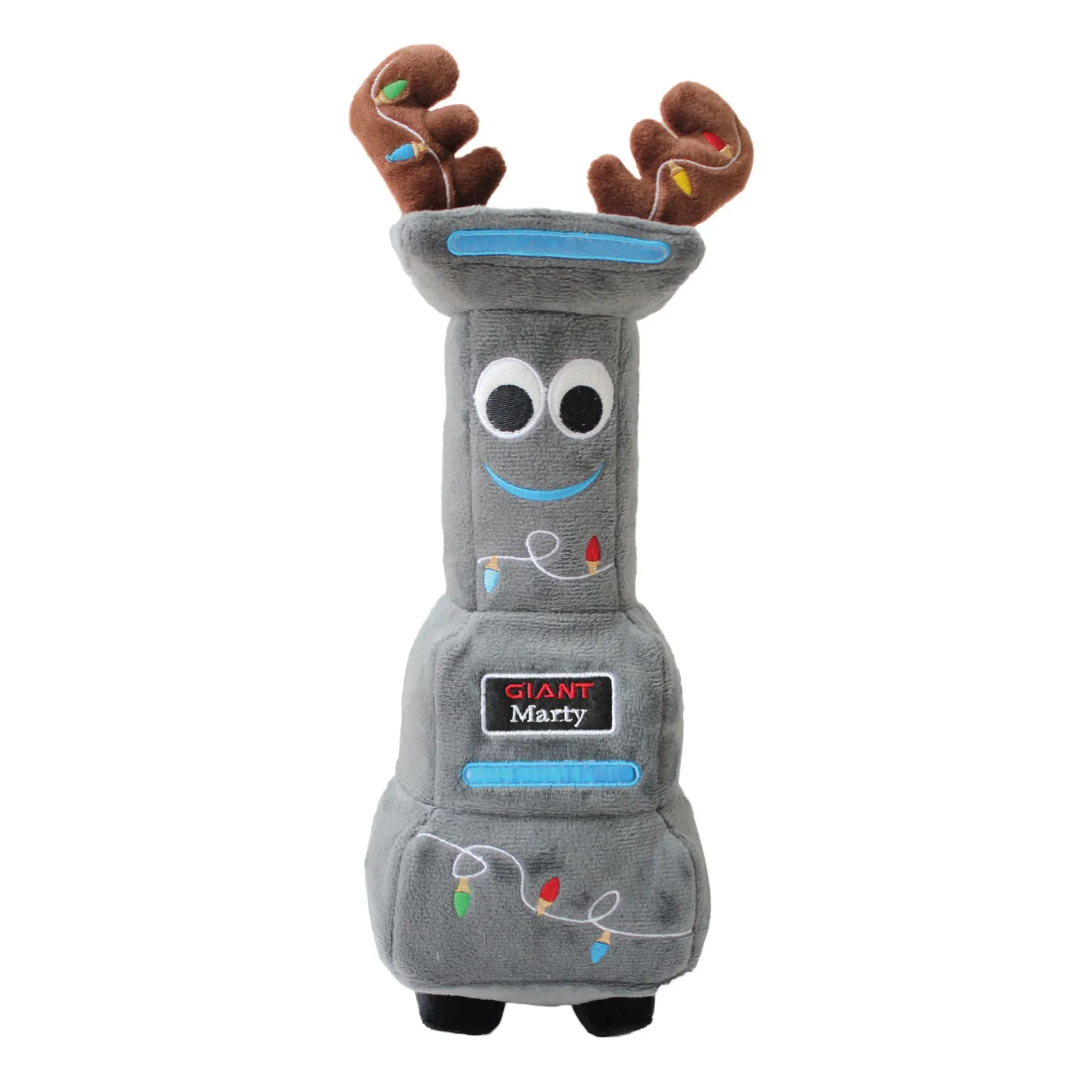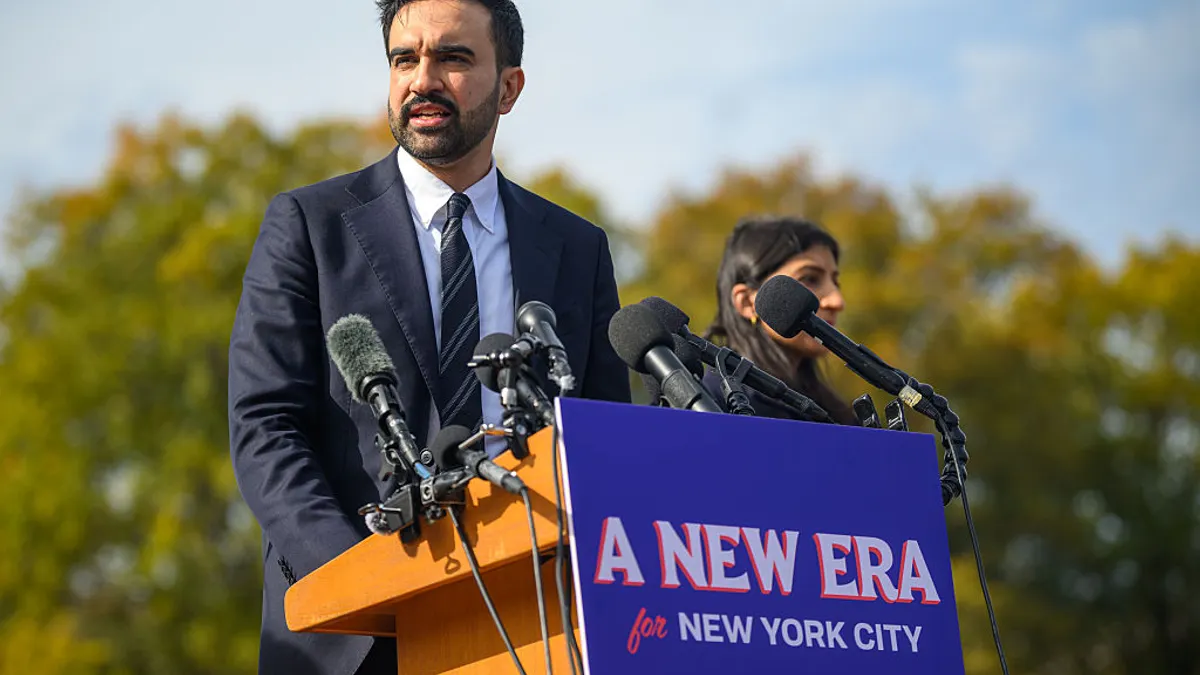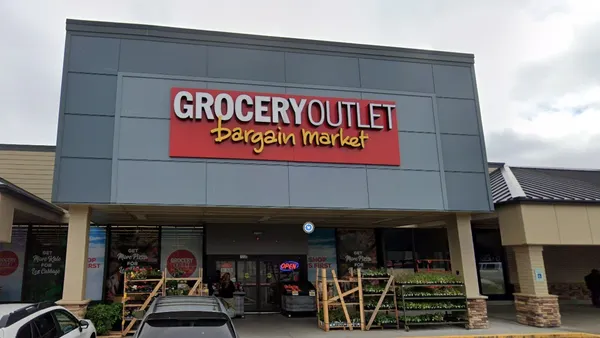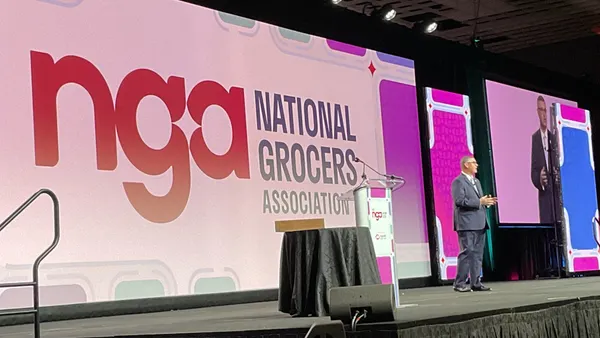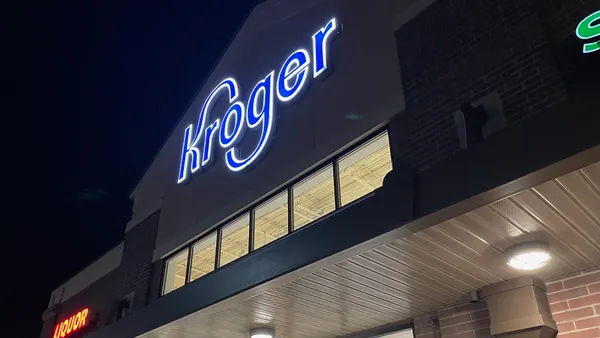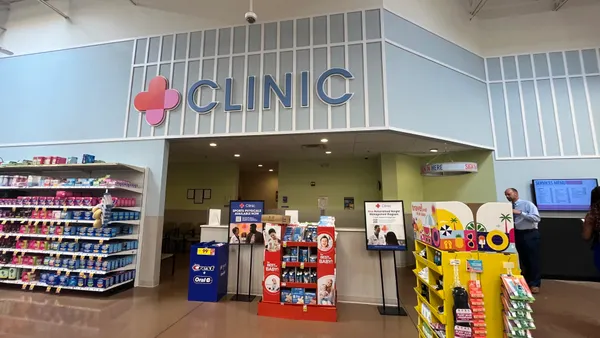The Friday Checkout is a weekly column providing more insight on the news, rounding up the announcements you may have missed and sharing what’s to come.
Zohran Mamdani made history this week when he was elected the next mayor of New York City.
A focal point of Mamdani’s campaign was affordability, including promises to establish fare-free buses and no-cost childcare. But one of the most controversial policies he ran on was a plan to open city-owned grocery stores.
Mamdani plans to create a network of stores that won’t be burdened with paying rent or property taxes and will sell food at wholesale prices, centralize distribution and source from local businesses and farmers.
“We will redirect city funds from corporate supermarkets to city-owned grocery stores, whose mission is lower prices, not price gouging,” Mamdani said in a TikTok video posted on his campaign website.
This strategy was well-received by New Yorkers, with two-thirds of the city’s residents saying they support the creation of municipal grocery stores, according to an April survey. A recent Politico opinion piece written by a representative from the Brookings Institution, a center-left think tank, pointed out that subsidized grocery stores have proven effective across Europe, Latin America and Asia: “These programs aren’t revolutions… They’re pragmatic, relatively low-cost subsidies with outsized political impact — and a familiar part of modern urban governance around the world.”
However, some Americans are apprehensive about introducing city-owned grocery stores to the country’s most populous city.
A Washington Post opinion article written by a representative from the Fund for American Studies, a right-wing organization, stated that when you “distort prices, eliminate the profit motive and minimize incentives, you undermine the foundation of how a complex economy… directs scarce goods and services to their best uses and simultaneously generates abundance. Asking a group of unqualified government bureaucrats to determine prices, quantities and demand is wildly unrealistic.”
New York City won’t be the first place in the U.S. to test city-owned grocery stores. However, the Big Apple does put this concept on arguably the biggest stage in the nation. If New York City ends up establishing subsidized food stores, other cities may try doing the same.
@zohran_k_mamdani #Grocery #prices are out of control. One in 4 kids in #NYC isn’t getting enough to eat. It’s unacceptable. Today I’m announcing a major new proposal to tackle price gouging and bring down costs: city-owned grocery stores. These stores will sell cheaper groceries because they won’t have to pay rent and property taxes, passing on those savings to shoppers. They will buy and sell at wholesale prices with the goal of lowering costs, not turning a profit. New York City already spends tens of millions of dollars in ineffective tax subsidies for corporate grocery stores to operate in neighborhoods with limited access to fresh food. Instead, we should use our public money for a public solution. When so many New Yorkers are struggling to get enough to eat, we need big solutions that will work. #nycmayor #bk #bronx #queens #manhattan #statenisland #inflation #costofliving #wholesale #foodtiktok #elections #politics ♬ City Life - Danail Draganov
In case you missed it
Sprouts starts hiring for 1st New York store
As the specialty grocer readies for its foray into New York, it announced this week that it will hold hiring events on Dec. 9-10 at the Hyatt Regency Long Island. Sprouts Farmers Market said it is looking to bring on people for 92 full- and part-time jobs for the upcoming store at 1934 Middle Country Road on Long Island. The location is scheduled to open on Jan. 30.
Publix records positive growth
The Florida-based grocery chain reported Monday that its net sales rose just over 5% year over year, to $15.4 billion, during its third quarter. Comparable-store sales increased just over 3%. The results continue Publix’s string of consecutive quarters of comps growth as the company expands its store footprint and continues to stand out from traditional supermarket chains across the Southeast.
Wakefern deploys new distribution center buying tool
The largest retailer-owned cooperative in the United States is one of the first to deploy Afresh’s new AI-powered supply chain solution for fresh items. Called Fresh Buying, the tool allows meat, deli, bakery and produce buyers to automate decisions. The tool also helps with forecasting, vendor selection, truck building and issue resolution, Afresh said.
Impulse find
All I want for Christmas is a Marty plushie
As the Giant Company gets ready for holiday cheer, it’s making its unofficial robot mascot part of the fun.
Along with promoting meal solutions, private label savings and festive decor, the Ahold Delhaize grocery chain noted in an email that it is bringing back the plushie version of Marty — the googly-eyed aisle-scanning robot made by Badger Technologies that has become a fan favorite among customers. The adorable stuffed robot wears antlers and has colored lights strung around its skinny frame.
“The ever-popular plush robot returns with a holiday design – pick one up while supplies last,” the email says.
Seems like the perfect stocking stuffer for grocery nerds!
